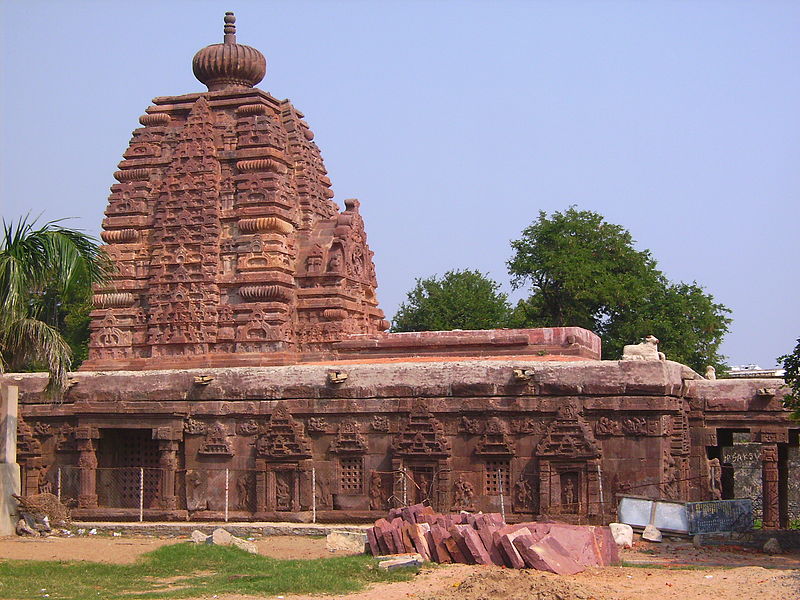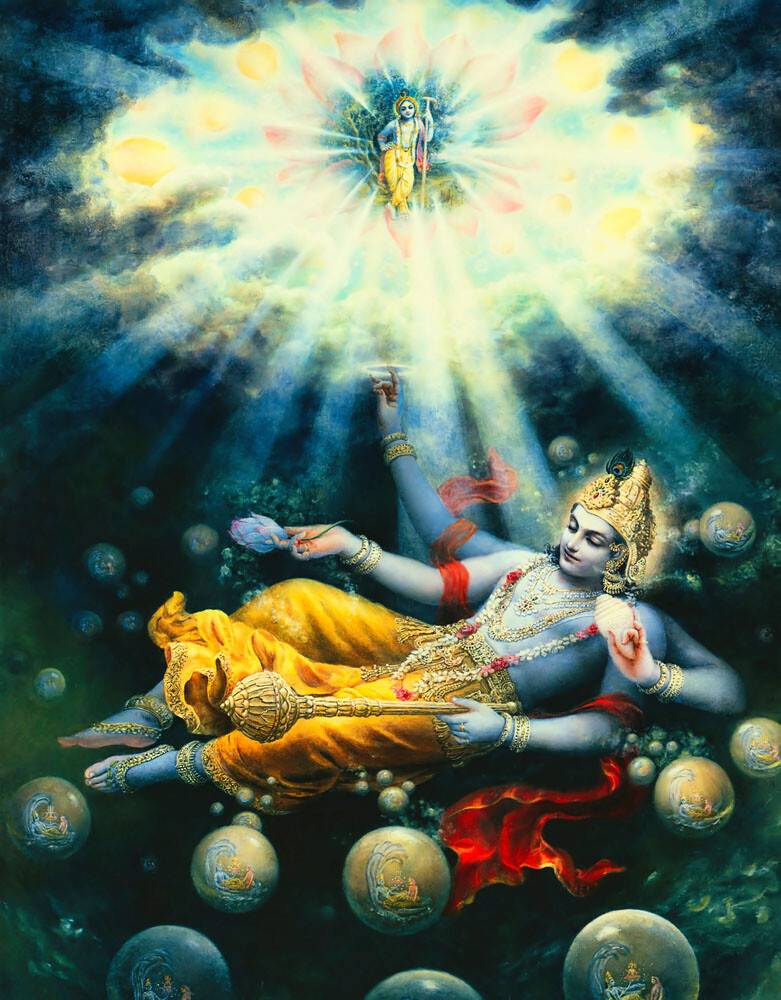Unraveling Sukhdev Thapar: The Unsung Hero of Hinduism's Resilient Spirit
Explore the life and sacrifices of Sukhdev Thapar, a courageous Indian freedom fighter and key revolutionary in the struggle for India's independence.

Among the many freedom fighters who laid down their lives for the independence of India, Sukhdev Thapar remains an integral figure in our nation's history. Born on May 15, 1907, in Ludhiana, Punjab, Sukhdev was an Indian revolutionary who, along with Bhagat Singh and Shivaram Rajguru, played a pivotal role in the fight against British rule in India.
Sukhdev was deeply influenced by the revolutionary activities taking place during his youth. He was particularly impressed by the Ghadar Movement and the sacrifices of Kartar Singh Sarabha, who became one of his role models. As a teenager, Sukhdev actively participated in various protests against the British government, and it was during this time that he came into contact with Bhagat Singh, one of the most influential freedom fighters in Indian history. Their shared passion for the cause of India's independence brought them together, and they became lifelong friends and comrades in the struggle.
One of the most significant incidents in Sukhdev's life was his involvement in the infamous Lahore Conspiracy Case, which led to the execution of Bhagat Singh, Shivaram Rajguru, and himself. The incident was a response to the killing of Lala Lajpat Rai, a prominent Indian freedom fighter, who succumbed to his injuries after being severely beaten by British police during a protest against the Simon Commission. Seeking revenge for Rai's death, Bhagat Singh, Sukhdev, and Rajguru conspired to assassinate a British police officer, John Saunders. The trio successfully carried out the plan, but their actions inevitably led to a massive manhunt by the British authorities.
While on the run, Sukhdev continued to engage in revolutionary activities, including the bombing of the Central Legislative Assembly in Delhi. The brave act was intended to protest the draconian laws being imposed on the Indian people by the British government. Eventually, the three revolutionaries were arrested and charged with the murder of Saunders. Their trial sparked a wave of protests across the country, with people demanding their release. Despite the public outcry, Sukhdev, along with Bhagat Singh and Rajguru, was sentenced to death and executed on March 23, 1931.
The sacrifice of Sukhdev Thapar and his comrades continues to be an inspiration for generations. Their unwavering dedication to the cause of India's freedom and their courage in the face of adversity serve as a testament to the spirit of the Indian people. As we remember their sacrifices, it is our duty to uphold the values they fought for and continue to strive for a just and equitable society.




